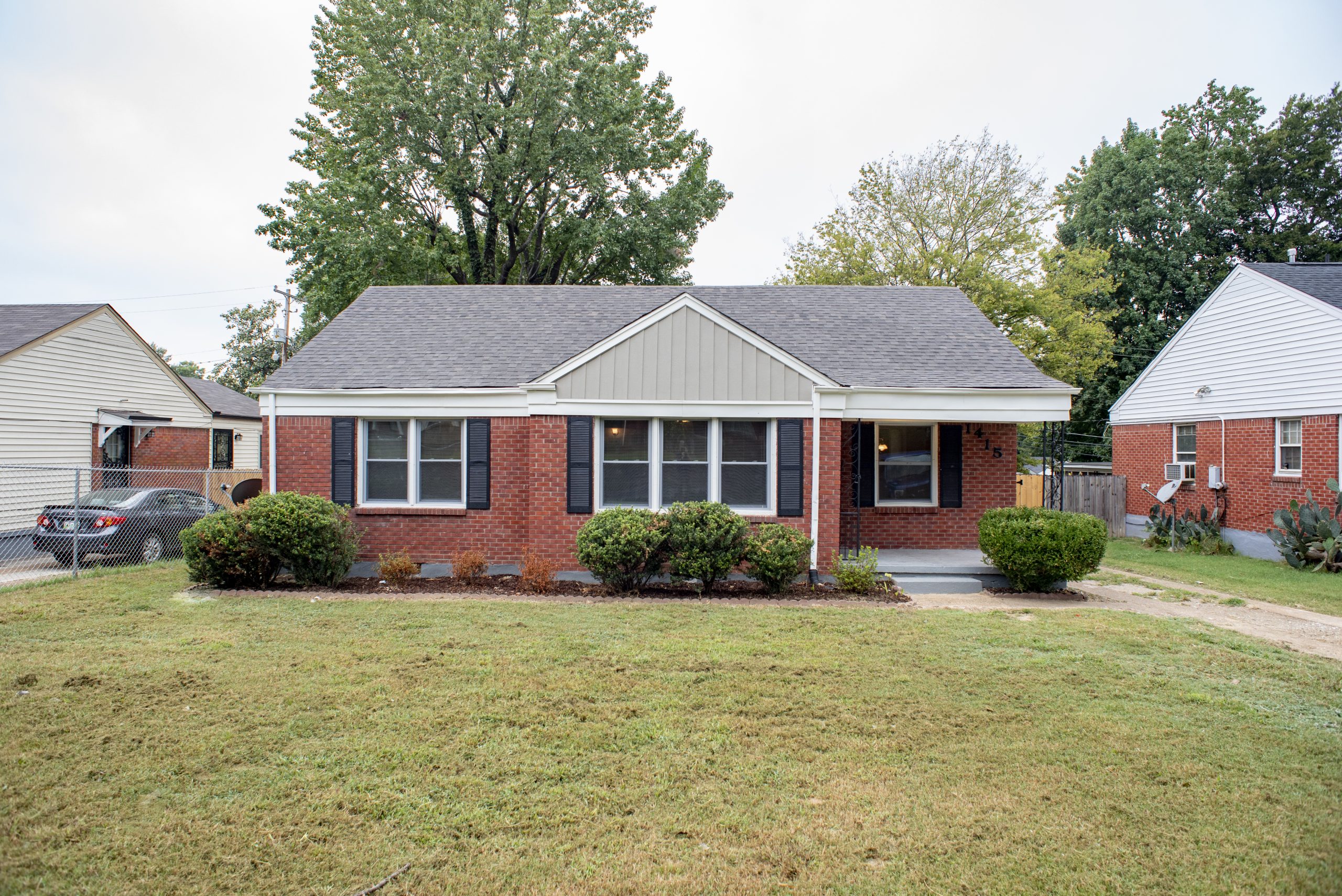Over the past 2 years, the markets in which we operate, along with markets across the country have seen property values rise. In 2018 our average sales price was $85,234. Last year selling homes in the same neighborhoods, our average sales price was $98,199, an increase from 2018 of 20%. Acquisition prices are only up 10%, but renovation cost are up 30%, which is priced into the acquisition cost. Renovation cost increases are due to a rising cost in labor and materials, along with a shortage of quality labor. Also, most deals we get these day are off-market, which are typically far more distressed then foreclosures, thus requiring a far greater scope of work then in years past. Which brings me to my point; last week an investor asked me if I was waiting for a downturn in pricing before I started actively buying for myself? The answer to that question is no. Last year, just like any other year, I added to my portfolio of homes. The point of his question was more of, should he wait to buy? There are several reasons why not to attempt timing the market for entry and only 1 reason to wait, which I lay out below.
Why not wait?
- While waiting, your investment goals are put on hold, waiting for a downturn that may be a long period of time away. In the meantime, your cash is sitting in the bank making 0%.
- Rates are low, if there is a downturn, rates may go up. My average interest rate on the homes I bought from 2007 to 2010 is 7%. I am closing on 3 in the next few weeks at 3.5%. A increase in rate will likely negate a decrease in purchase price.
- Lack of other traditional investment opportunities. My friends in the financial industry have said the market is massively overvalued. Do not take that last statement as something factual, it is simply what my friends in the industry have told me, but I am on board with that thought process.
- A downturn in financial markets is a immediate loss and the only way to make up those gains is to wait for them to gain their value back. Even if RE values go down, your ROI is maintained through rent, mortgage paydown and tax deductions. For stocks that pay a dividend, those returns go down, whereas your cash on cash return on RE stays steady based on your initial cash layout to purchase the home.
- To the point above — Real Estate pays a return 5 different ways. If the value of the house goes down, then you do lose the appreciation return for the time being, but still getting paid a return on the other 4 ways.
- 2021 favorable real estate tax benefits are likely to go away in 2022, making it even more important for investors who take deprecation to purchase as much as they can this year. Personally, I will buy far more for my portfolio this year then any other year.
- Slightly more purchasing power
 Schedule a Consult
Schedule a Consult
